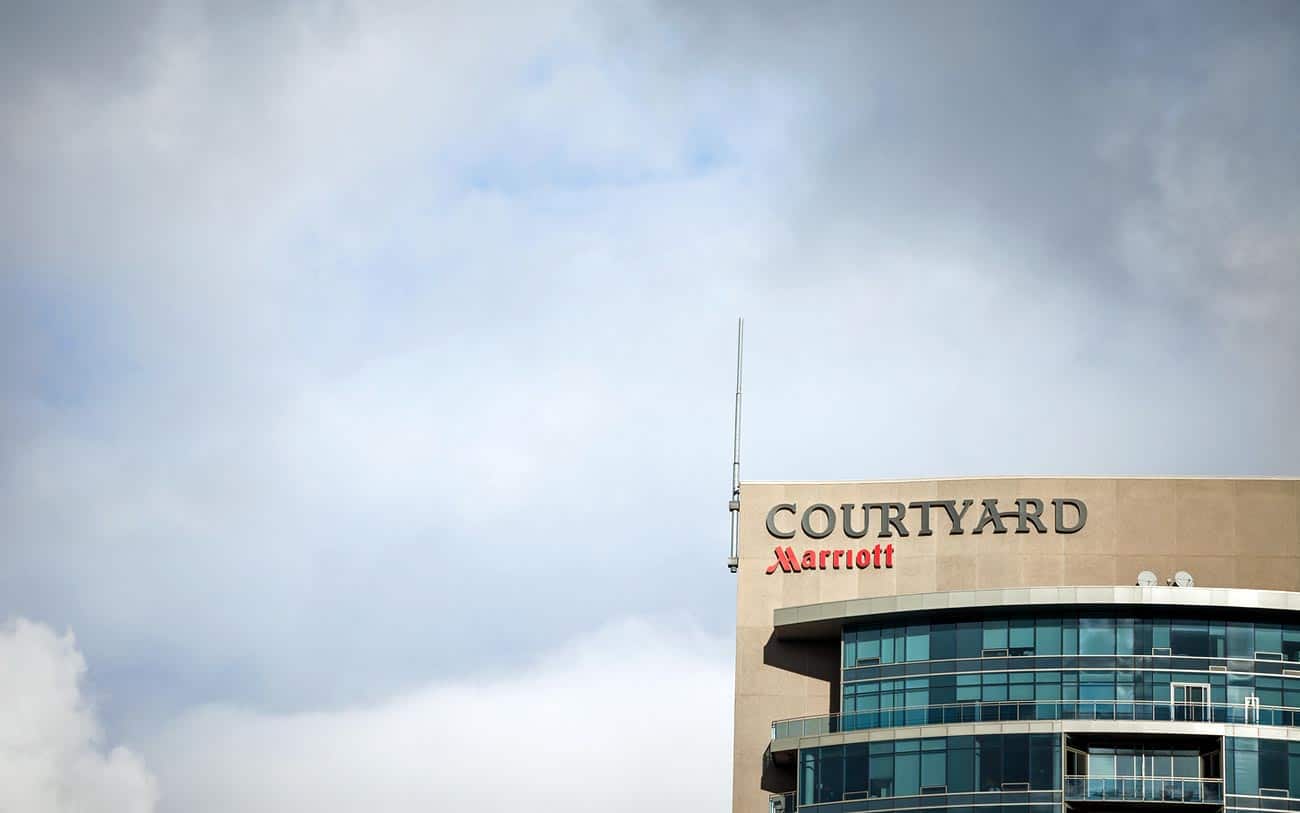As the world faces a number of challenges due to a global pandemic, our nation is doing its best to protect its citizens. From stay at home orders to business closings and travel bans, much has been done with a preventative mindset. While many of us still plead for relief, assistance or even truth, we can’t forget that general inconveniences still exist. For example, the private data of over 5 million Marriott International guests was breached in January – for the second time in 15 months. This only makes travel matters worse for the chain’s timeshare owners.
When it comes to something like this, a hacker’s motive could be anything. They could be looking to hinder the company, steal from users, blackmail someone or even sell personal information to advertisers. Either way, a breach of this size isn’t something you take lightly. Especially when it’s one of the most prominent, high-earning hospitality chains in the world. So what steps are you taking to safeguard your personal information right now?
More Information on the Breach.
With the amount of money Marriott makes, you’d think they’d have ample security in place. It’s safe to say that tens of thousands of transactions occur on any given day. Although the hotel chain hasn’t openly explained how the breach transpired, it’s been said that the logins of two employees had been used to gain access. Failing to properly oversee internal security measures and swiftly catch the trojan horse is likely to have a huge hit on Marriott’s reputation.
While it’s difficult to know what hackers are even capable of these days, it’s troubling to know someone was digging around in their customers’ data for more than a month. According to Marriott’s news center, hackers only were able to view traveler’s names, phone numbers, loyalties, preferences, mailing and email address. But what seems to be lost in the shuffle here is the susceptibility of timeshare owners. Their transactions aren’t as leisure as weekend travelers.
Those that own a weekly interval, travel club or even a right to use (RTU) timeshare would seem to be a lot more vulnerable in the event that their data were to be breached. Their contracts include more than geographical data and contact information. Maybe this is why Marriott International noted that they have “no reason to believe” credit card information, account passwords, state IDs and passport numbers were affected. While a company in these circumstances would like nothing more than to downplay the breach, it’s important to note that Marriott’s investigation is currently ongoing.
What the Breach Has Told Us So Far.
According to Jessica Schladebeck from nydailynews.com, the FBI recently concluded that the hackers were contracted by the Chinese Ministry of State Security (their version of the CIA). Both of the employee accounts that were used to gain access are now suspended and it hasn’t been made clear if they’re currently seen as suspects. According to Stephanie Linnartz, Marriott is currently setting up an online portal to determine if the hotel was involved in an agreement with Experian for personal monitoring services. If so, further concern and more potential payouts could be on the horizon for hospitality conglomerate.
When hackers have access to detailed behaviors, preferences, rewards numbers and points balances, they’re able to better target online consumers with highly relevant offers. While your bank account may not be affected directly, it can cost you. The online marketplace is a difficult place to navigate if you’re not aware of the potential pitfalls. Especially in the travel industry. Plenty of tactics are used to get consumers to buy more of what they don’t need. Others are easily scammed because an ad speaks to them.
No matter the extent of the Marriott’s breach, we have to realize we’re now more vulnerable than ever before. During a quarantine, it can be easy to shop online all day or participate in free trials in exchange for your information. But be cognizant of what you’re sharing and who you’re sharing it with. If you’re already dealing with a setback due to the Coronavirus pandemic, then the last thing you want is to find yourself hacked. This has already happened to Marriott International twice. Hopefully it doesn’t take a terrible event for us all to learn our lesson.







